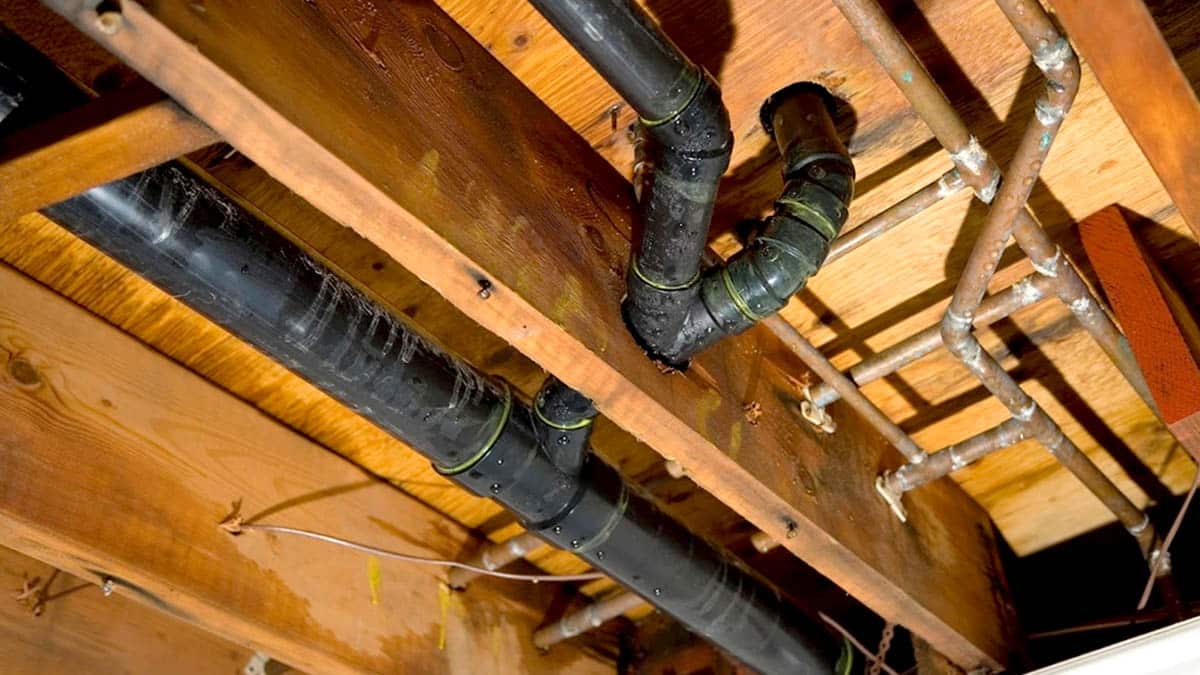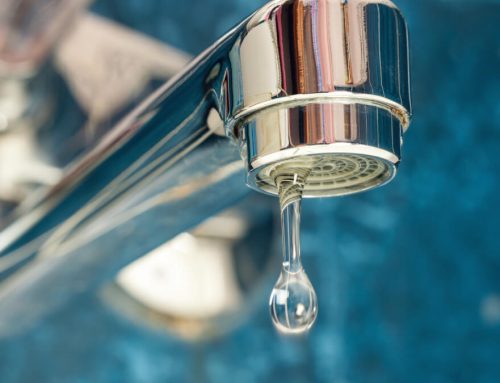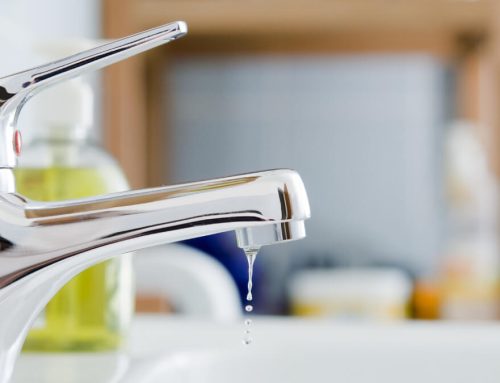
3 Practical Tips For Water Damage Mitigation
Repairing water damage to your home can cost thousands of dollars. Depending on the location of the leak and how long it goes unnoticed, water damage can leave your home uninhabitable for days or even weeks during repairs. Because this type of damage can be so costly and inconvenient, the best approach is always a preventative one.
While not all types of water damage come from plumbing issues, many do. Learning to recognize and address potential sources of leaks can help to save you money and maintain your home’s value. Below, you will find three practical ways to ensure that your house doesn’t become the victim of a plumbing disaster.
1. Check for Hidden Leaks
A surprising number of locations around any home have exposed plumbing, and many of these can be potential sources of leaks. Learning to check for moisture in these areas can help you to spot problems before they cause additional damage. Unchecked leaks in out-of-the-way places can be especially harmful since they can promote the growth of mold.
A good habit is to check under your sinks at least once per month. If you store cleaning supplies or other items in these areas, then be sure to remove them and thoroughly inspect the whole cabinet. Small leaks do not always produce noticeable amounts of water, so you’ll need to check surfaces for signs of dampness or moldy smells.
Laundry rooms are another common source of hidden leaks. If you can’t easily move your washer and dryer, then you should still check behind them at least every few months with a flashlight. Look for signs of water dripping on the floor. Bulges in the hoses connected to your washer may be another early sign of brewing trouble.
2. Install a Moisture Sensor
Basements may not be common in Phoenix, but many homes still have crawl spaces. If you have plumbing running through one of these areas, then small leaks can potentially cause extensive damage before you discover them. Even in Arizona’s heavy, dry heat, crawl spaces are ideal spaces for leaks that lead to high humidity, wood rot, and mold growth.
Unfortunately, crawl spaces are rarely easy to access, and checking them for leaks can be time-consuming and dirty. Moisture sensors offer a modern, high-tech, and hands-off solution to this problem. Even cheap units typically include a remote sensor that you can install in your crawl space so that you can monitor moisture levels from the comfort of your couch.
More advanced moisture sensors include smart home integration or warnings that trigger when moisture levels exceed a specified limit. Whichever type you choose to use, this relatively small investment can help to alert you to crawl space leaks before they lead to extensive and hard-to-detect damage.
3. Know the Signs of Failing Plumbing
Pipes typically provide plenty of warning before they fail, but homeowners often fail to recognize the early signs of trouble. If your home uses copper plumbing, then keep an eye out for any indications of corrosion. Early on, you may notice discolored water or stains on your fixtures. Any sign of a blueish-green tint means that copper has dissolved in your water.
For exposed copper plumbing, look for discoloration and a grainy texture on the outside of the pipes. Corrosion in newer pipes often indicates an issue with water quality, so recognizing the signs of trouble can help you to prevent leaks as well as address the underlying problem. If left for too long, corroded pipes will eventually develop pinhole leaks or even burst.
Moon Valley Plumbing and Rooter can help you to inspect and maintain your home’s plumbing to prevent costly water damage. If you suspect an issue with the pipes in your home, then give us a call to schedule an appointment today.

